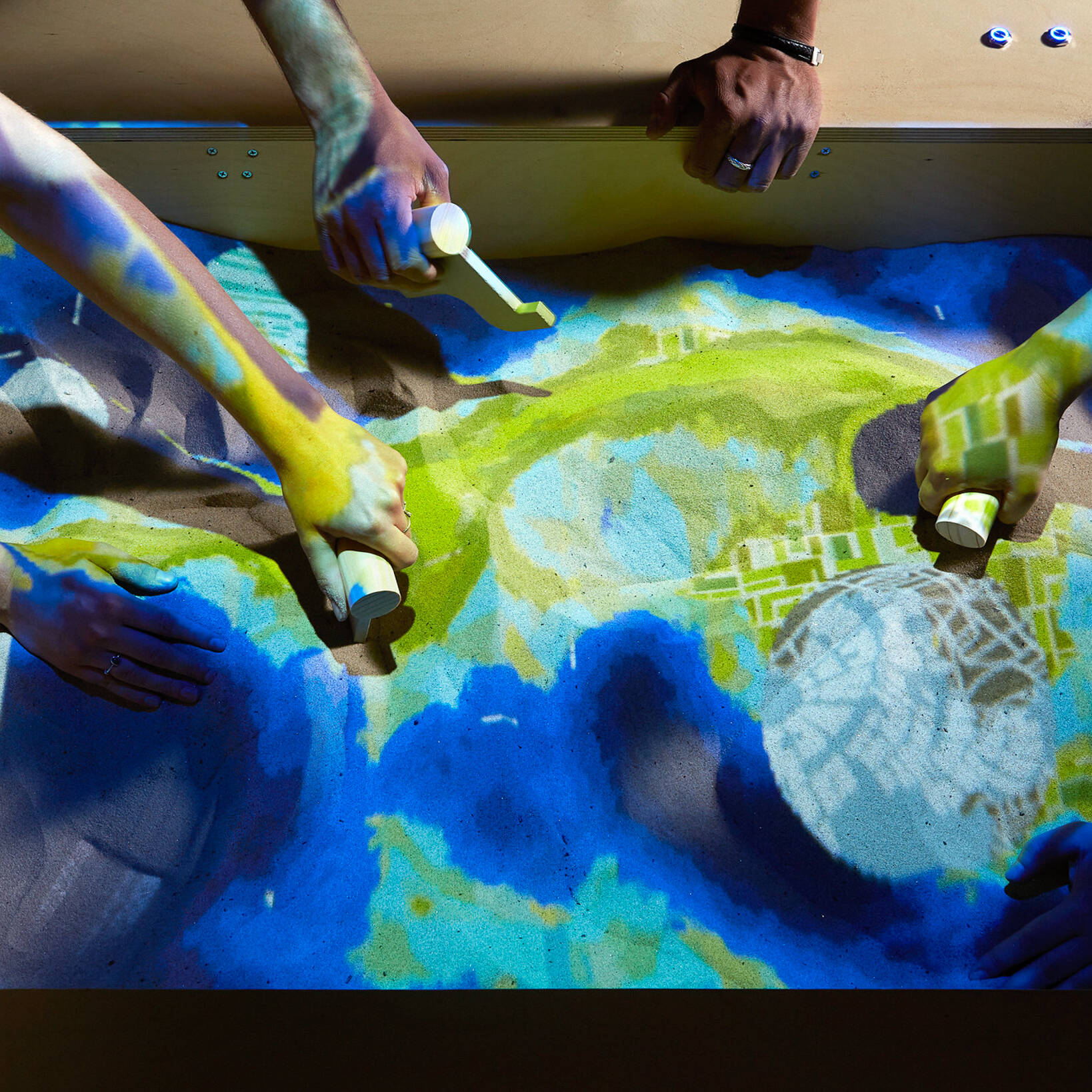

Designers should use Experience Design to help create a holistic view and find solutions through a systematic approach, to achieve societal change in the Transformation Economy.
Behavior reflects individual needs and values, shaped by the evolving economic landscape. In the current knowledge economy, driven by Web 2.0, value is created through social interaction and user-generated content, shifting power from businesses to individuals. User Experience (UX) design is crucial in this paradigm, focusing on understanding and enhancing user interactions with products or services.
However, a transition towards the Transformation Economy is emerging, prioritizing social and environmental impact. This new paradigm challenges the human-centered UX approach, emphasizing a holistic perspective that includes more-than-human experiences. For instance, Alexandra Daisy Ginsberg’s garden designs consider pollinator needs.
In the Transformation Economy, companies adopt ethical practices and local customization, fostering trust and resilience. Experience Design becomes pivotal in addressing local issues and promoting behavioral change. Designers act as change facilitators, using systematic approaches to create durable solutions that drive societal transformation.
